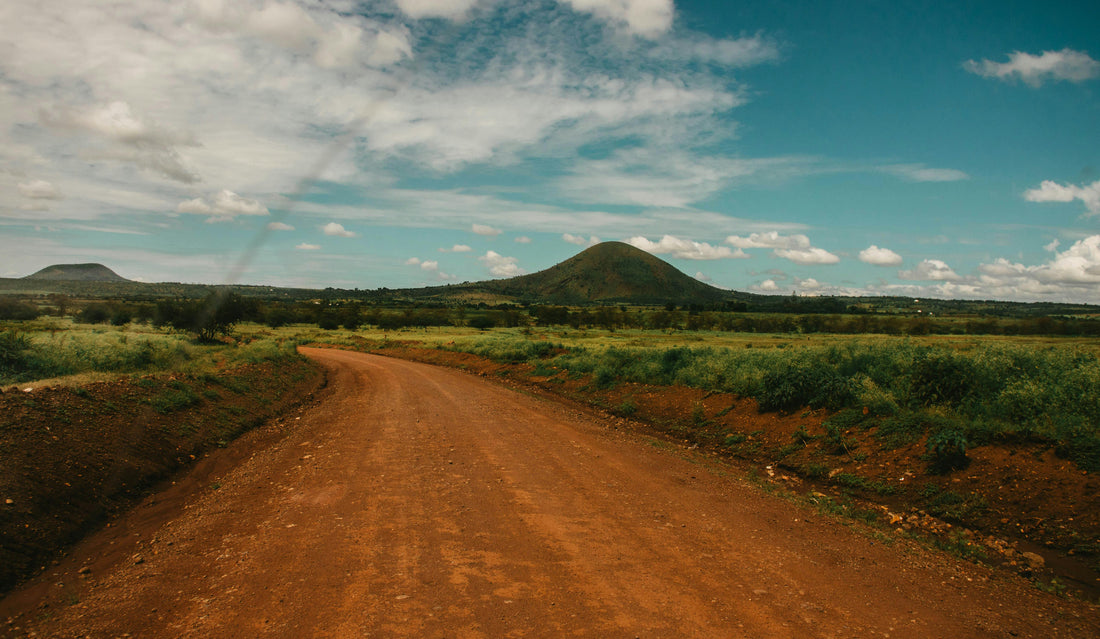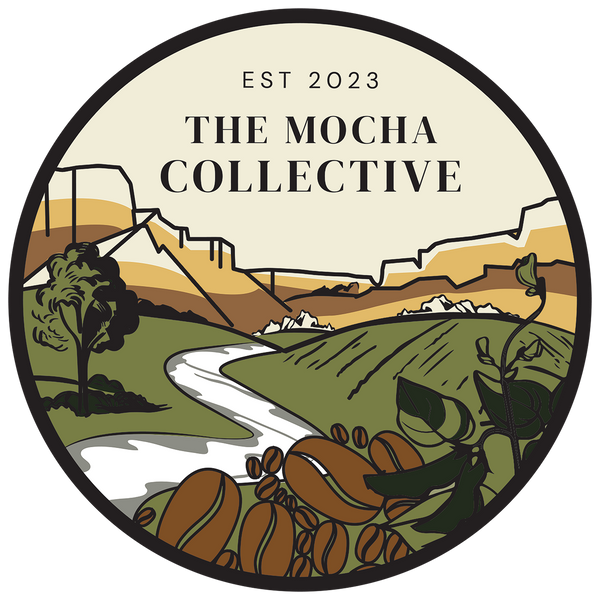
Single Origin Coffee from Tanzania: High-Grown Heritage
Tanzania’s High-Grown Heritage: The Story Behind Its Single Origin Coffee
In the world of Single Origin Coffee, Tanzania often flies under the radar—but true coffee enthusiasts know this East African gem offers something extraordinary. From the base of Mount Kilimanjaro to the Southern Highlands of Mbeya, Tanzanian coffee is bold, floral, and full of character.
At The Mocha Collective, we’re passionate about bringing you more than just great coffee—we’re here to tell the stories behind every bean. Tanzania’s journey into coffee cultivation is one of tradition, resilience, and a touch of floral magic.
How Coffee Came to Tanzania
Coffee first arrived in what is now Tanzania around the 16th century, likely brought by traders from Ethiopia or Yemen. Initially, it was consumed locally and often used in traditional rituals. The beans were boiled with herbs rather than brewed.
It wasn’t until the late 1800s, during German colonial rule, that coffee began its transformation into a commercial crop. The Germans introduced Arabica plants and pushed cultivation in the Kilimanjaro region. After independence in the 1960s, coffee cooperatives were formed, and production gradually spread to southern regions like Mbeya, which are now known for producing some of the country's best beans.
Tanzania’s Unique Growing Conditions
Tanzania’s topography is ideal for cultivating high-quality Arabica coffee. Elevations in the key growing areas—like Mbeya, Kilimanjaro, and Arusha—range from 1,200 to 1,900 meters above sea level. The rich volcanic soils and temperate climate allow beans to develop slowly, leading to more complex flavor profiles.
One unique aspect of Tanzanian processing is the use of raised drying beds, which allow for even airflow and sun exposure. This contributes to the clarity and brightness in the cup—two things Tanzania is known for.
What Makes Tanzanian Coffee Unique?
Tanzanian Single Origin Coffee is often compared to its East African neighbor, Kenya—but it holds its own identity. The coffees are typically washed (wet processed), producing a clean and vibrant flavor. Some regions are even experimenting with natural and honey processes to bring out deeper fruit notes.
Generalized Tasting Notes:
Bright acidity
Floral aromatics (especially jasmine)
Notes of pear, strawberry, and citrus
Smooth, light-to-medium body
These attributes make Tanzanian coffee an excellent choice for manual brew methods like pour-over, where subtle notes can really shine.
Tanzania’s Place in the Global Coffee Market
Tanzania is one of the top five coffee producers in Africa, exporting around 800,000 to 1 million bags per year. While this is modest compared to giants like Brazil or Colombia, Tanzanian coffee consistently ranks high in quality among specialty roasters and green buyers.
Much of the country’s Arabica production comes from smallholder farmers who are part of cooperatives. This adds a layer of traceability and ethical sourcing, something we at The Mocha Collective deeply value.
Why Try Single Origin Coffee from Tanzania?
When you choose Single Origin Coffee from Tanzania, you're not just tasting a bean—you’re experiencing a landscape, a culture, and a story. The floral brightness and layered fruit tones offer a clean yet complex profile that’s perfect for both everyday drinkers and connoisseurs.
At The Mocha Collective, we source our Tanzanian beans from small cooperatives in the Mbeya region—where the altitude and soil combine to create truly special coffee. Our roast highlights the origin's natural beauty without overpowering it.
Take a Trip to Tanzania—One Cup at a Time
Whether you’re chasing bright florals, gentle sweetness, or that clean East African acidity, our Tanzanian coffee is a must-try.
Shop Tanzania Single Origin Coffee now at The Mocha Collective and bring a piece of East Africa into your cup.
